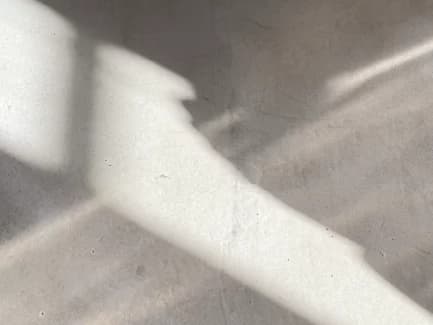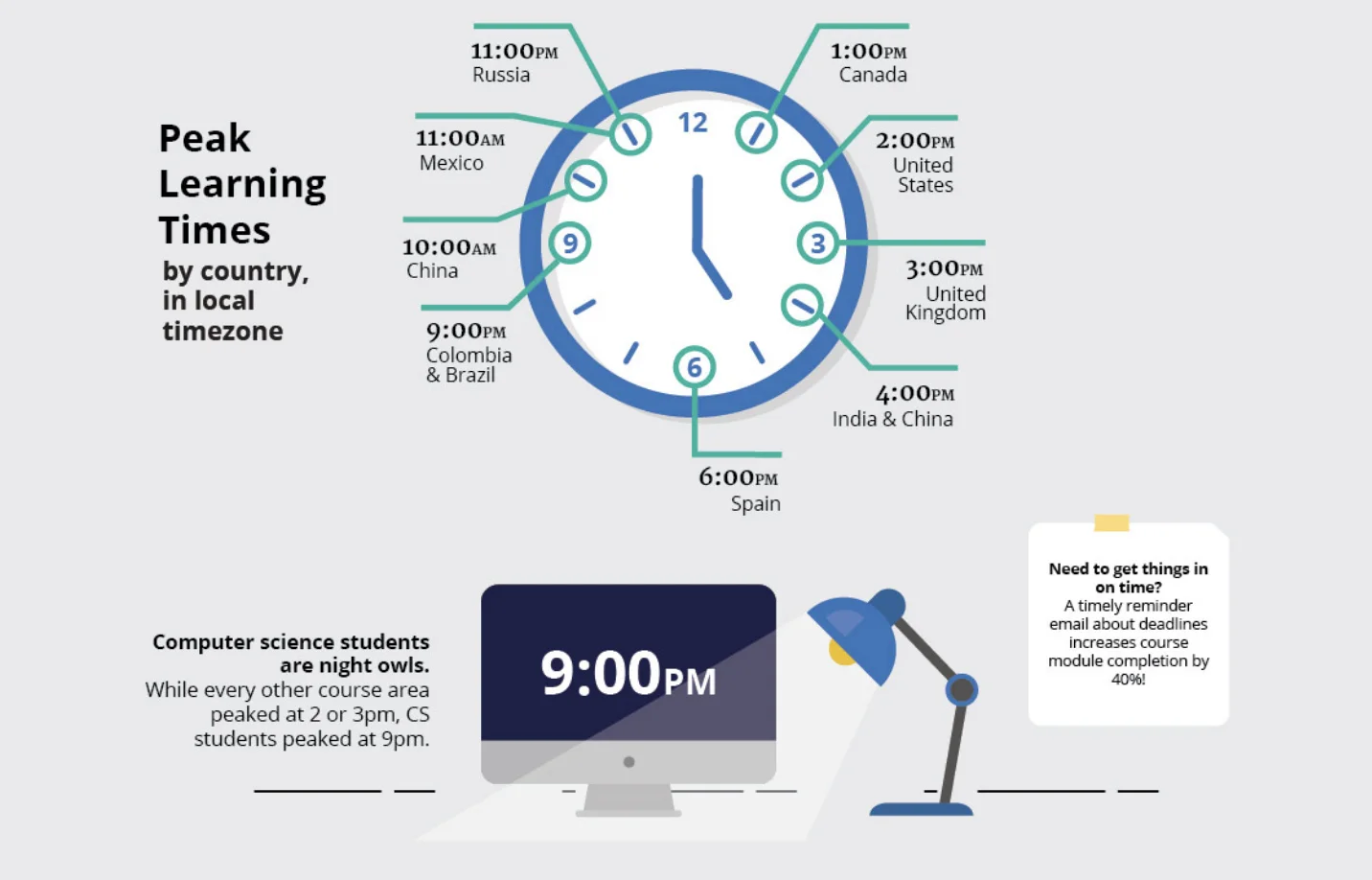
Bailey Johnson
Art Director
Graphic Designer
Typeface Designer
Creative Director
Product Designer
Illustrator
Executive
Web Designer

I studied Logic at Princeton, which wound up being a great basis for coming up with sound strategies and compelling arguments. I did internal strategy at IBM, then marketing at Google, and then was the Director of Consumer Marketing at 3D Systems. Throughout, I did programs at Haas and Wharton. After that I branched out on my own, and have been running my consulting company, Seiberg Marketing LLC, for ten years. On the side I write fiction, and have had about two dozen short stories published in anthologies and magazines. I do everything from high-level strategy to creative multimedia campaigns to branding (even naming a company) to nitty-gritty copywriting with clients.
I was leading a project with a client that used car crash data, map data, and the client's own safe driving data to make an interactive map of the safest schools in America from a road safety perspective. The night before the launch, there was a surprise iOS update that broke the mapping API we were using. The other US folks on the client side had already gone home and weren't reachable, so I reached out to the engineering team in Bangalore to see if anyone could help scrape together a last-minute fix. I stayed up all night with the team and we eventually found an alternative and implemented it, finishing testing about an hour before launch. I've learned that stuff will always go wrong, and it's always good to have a flexible mindset to help make the fix! The launch was a success and was picked up in several major national publications, as well as local publications (including TV) in every single state.
I like to know the customer's goals, from the immediate deliverable goals to the higher strategic goals they're supporting. I also ask about timelines, stakeholders, specific deliverables, team/resources, and budget. Then, we talk brand and vibe.
Most things that can be imagined can be created, if you're willing to think things through creatively enough for full execution. Sometimes you need to put in strategic swaps or translations to get the intended creative vibe and goals, with a slightly modified execution that takes into account other real-world constraints. If, however, everything is just text on the page and doesn't need additional real-world components? The sky's the limit!
Most things that can be imagined can be created, if you're willing to think things through creatively enough for full execution.
US culture is one of the most-exported worldwide, so my US perspective has been useful when starting to think about global campaigns. It often gives a good central core that can then be culturally adjusted for each location worldwide. However, I've had clients in places like Israel and Hong Kong, at which point being US based is not as useful!
With my background as a strategist, I can make sure anything I write is supportive of a company's higher-level goals. With my background as an author, I can make sure the storytelling is authentic and compelling. Together this helps me respect the reader's time and attention, to make sure anything written actually earns their interest in a sea of distractions, while supporting a client's strategy.
I learn from every single one of my clients, whether it's a best practice for hiring or brainstorming or anything else. Some of these I'm then able to adopt in my own work and, when not proprietary, teach to new clients. I'm like a Katamari ball picking up everything I learn as I go! This has also helped me be more efficient for clients.
People are smart, and they don't like to feel like they've been suckered. Making sure a creative campaign or a piece of copy is accurate is 100% necessary, because if it's not then your audience will feel like someone's trying to pull something over on them. That said, going too precise can sometimes obscure your main point. I find that a good model for balance is starting with something more pithy and abstract, and then making sure the full precision is available within a reasonable user flow from there.
I've been doing marketing and strategy for companies (mostly tech) for 19 years. My clients have included Google, Coursera, Docker, and the World Health Organization, among others. For young creatives, learn to work fluidly. Scopes may change, goals may change, strategy might change... your ability to roll with it will be a rare asset!